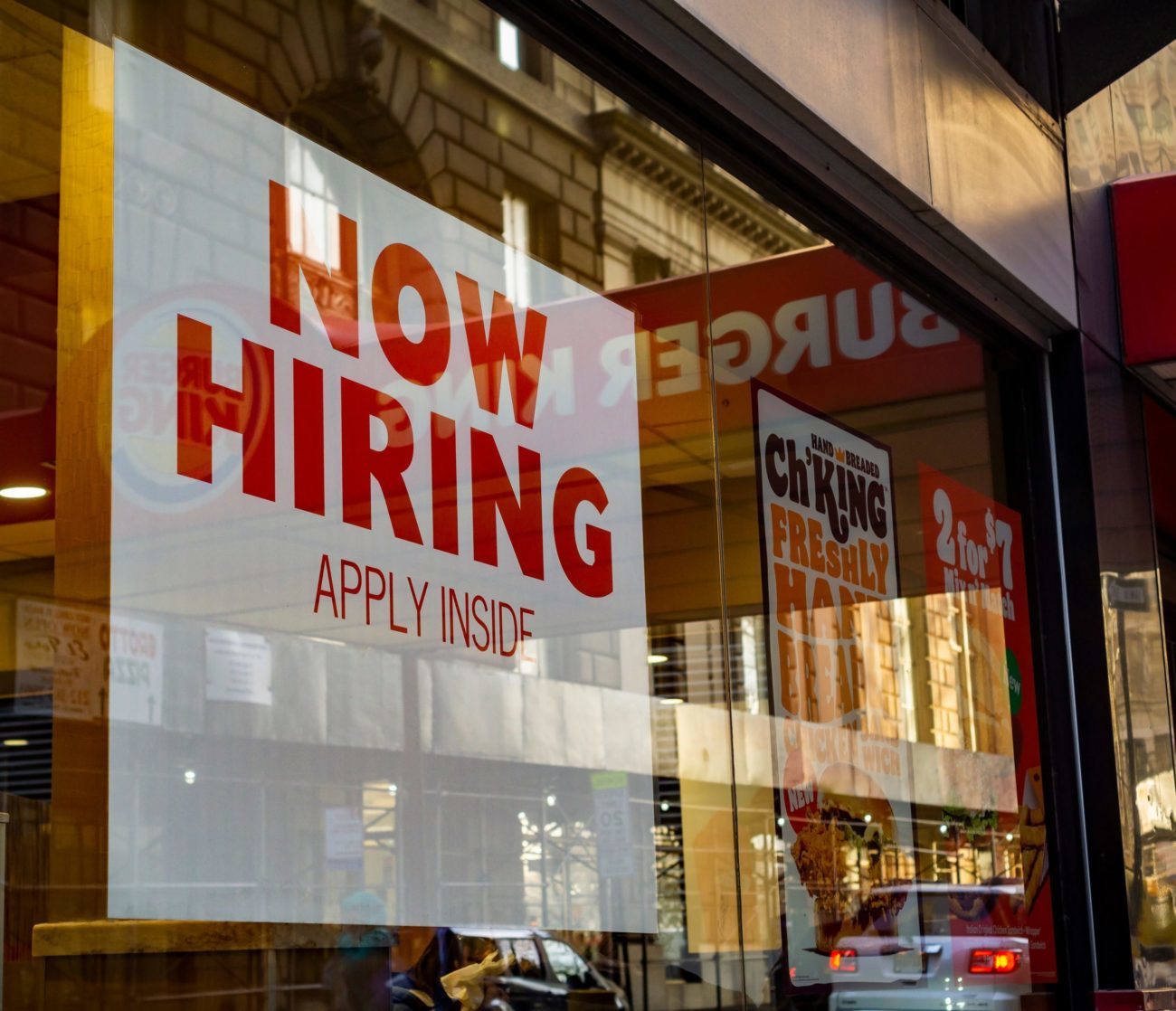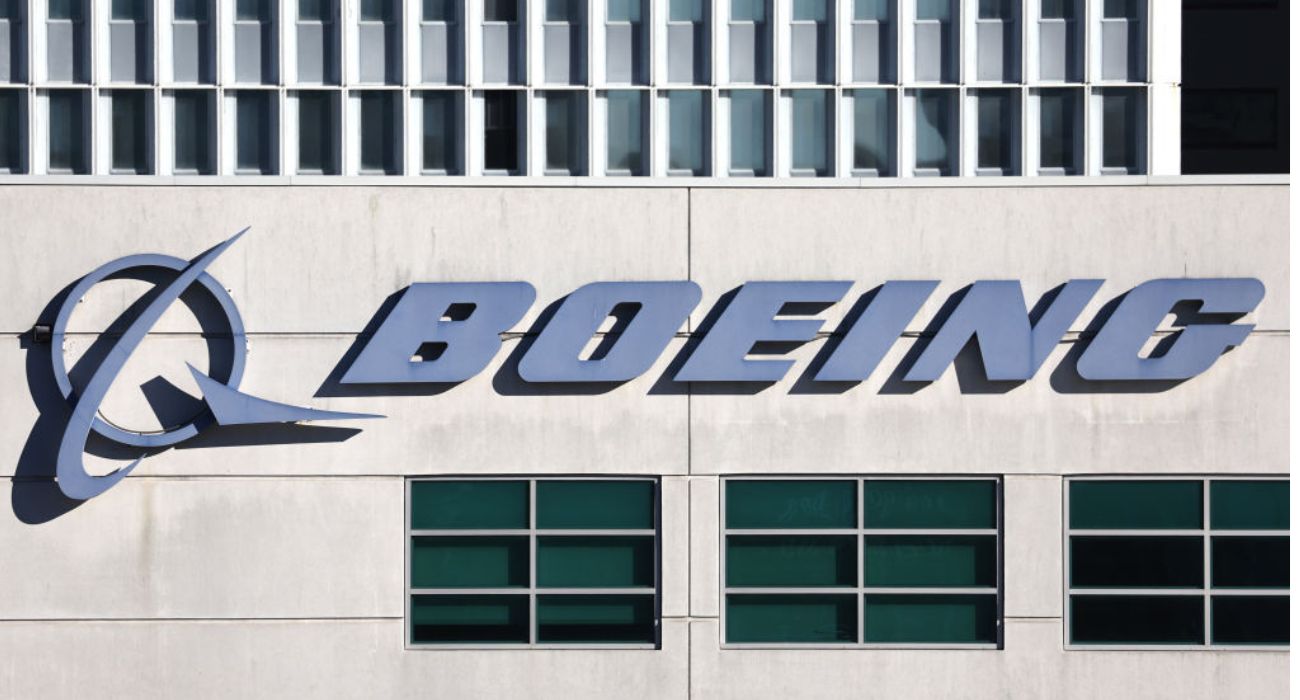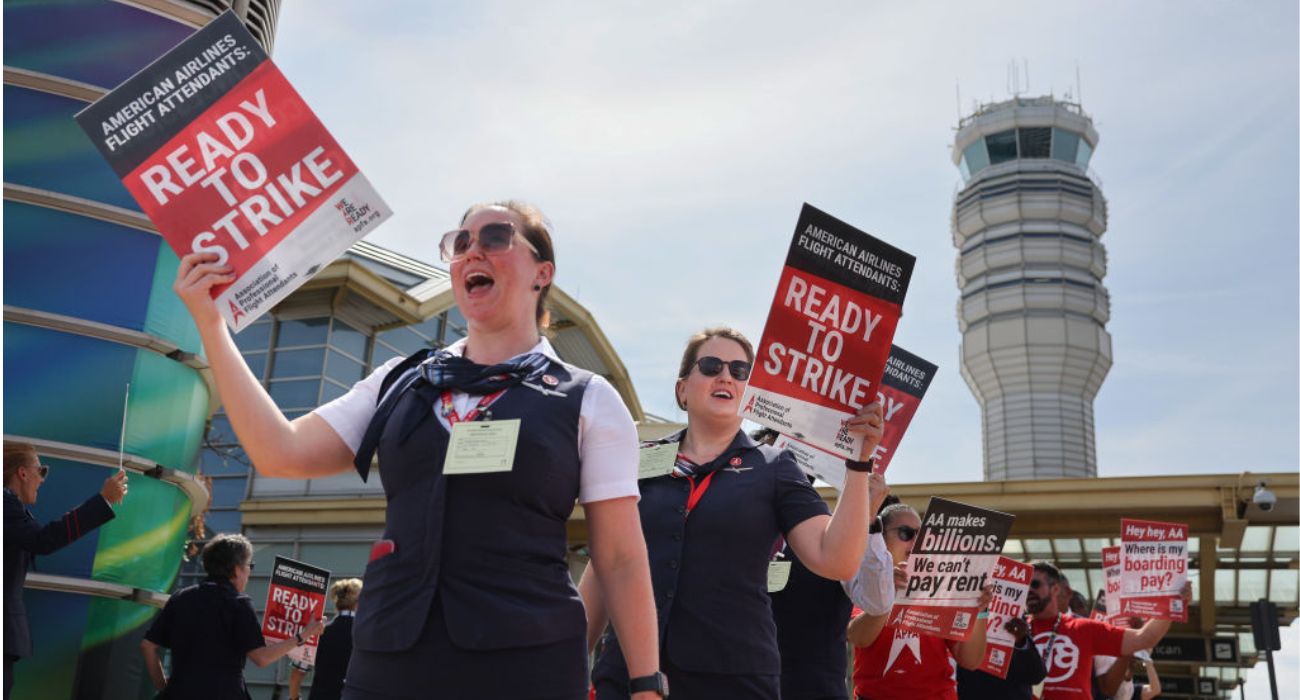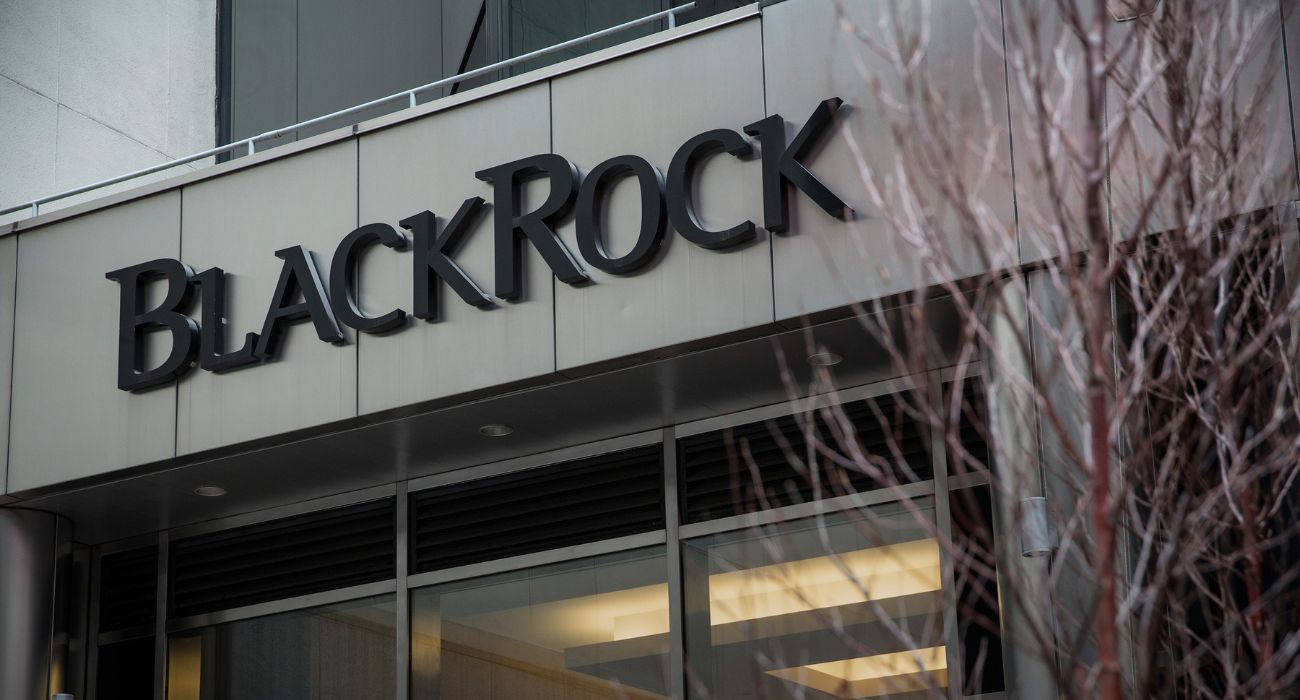Job openings and consumer confidence increased in August, a sign of continued household and labor market strength in the face of a slowing economy.
The U.S. Bureau of Labor Statistics (BLS) released its Job Openings and Labor Turnover Survey (JOLTS) report this week, showing the number of job openings increased slightly but remained firm at 11.2 million on a month-to-month basis.
Another widely quoted source of economic information, the Conference Board’s Consumer Confidence Index, increased in August following three consecutive monthly declines. It now stands at 103.2, up from 95.3 a month earlier.
In an exclusive interview with The Dallas Express, Cullum Clark, director of the Bush Institute-SMU Economic Growth Initiative and adjunct professor of economics, discussed what the positive data sets mean in terms of the Fed’s mission to lower economic activity and bring inflation to its 2% goal.
“Consumer confidence fluctuates a lot, and it’s not surprising that it might go up somewhat in response to the retreat in gasoline prices and the growing sense that inflation rates may have peaked and started to recede,” said Clark.
“Chairman Powell and other top Federal Reserve policymakers have been very clear in their statements over the last few days that they don’t think there’s sufficient good news on the inflation front yet to sound the all-clear.”
Even with inflation at a four-decade high, the labor market has remained resilient. The BLS reported that employment rose by 528,000 in July 2022, which was larger than the average monthly gain over the prior four months. Overall, companies are still looking to fill vacant job positions.
The JOLTS report showed job-opening increases across various sectors, including transportation, warehousing, and utilities (+81,000); arts, entertainment, and recreation (+53,000); federal government (+47,000); and state and local government education (+42,000). Job openings decreased in the durable goods manufacturing sector (-47,000).
“Labor demand has been extraordinarily strong,” Clark told The Dallas Express. “The Federal Reserve’s interest rates have only put a dent in highly interest-rate-sensitive sectors like home building and autos; any effects on labor demand have been very modest. The economy is still quite strong overall, as Chairman Powell has also noted.”
The increase in job openings indicates strong pent-up demand in the labor market, said Elizabeth Crofoot, senior economist at Lightcast. “Even if business leaders are expecting a recession, we haven’t seen a pullback yet in hiring, except for isolated instances in tech and retail,” she said.
“The present situation index recorded a gain for the first time since March,” said Lynn Franco, senior director of economic indicators at The Conference Board. “The expectations index likewise improved from July’s nine-year low but remains below a reading of 80, suggesting recession risks continue.”
Looking ahead, Franco believes August’s improvement in confidence is likely to support spending. Still, inflation and additional rate hikes would continue to pose an economic risk for short-term growth, she said.
However, positive economic data may not bode well for Powell, who warned that more rate hikes are certain to follow. In addition, the Fed chair delivered the grim message that “controlling inflation will continue to cause pain for households and businesses.”
In terms of lowering economic activity, Clark believes Fed members have a meticulous balancing act to perform.
“Some Fed decision-makers, notably Governor Christopher Waller, believe that the currently very high job vacancy rate means the Fed might be able to lower economic activity from current strong levels and thus reduce the number of vacancies — which they presume would lower inflation — without causing a significant increase in unemployment rates,” said Clark. “He might be right — we’ll see.”







According to whom? Consumer confidence plummeted and continues to do so as the stock market continues to tank and interest rates continue to rise.